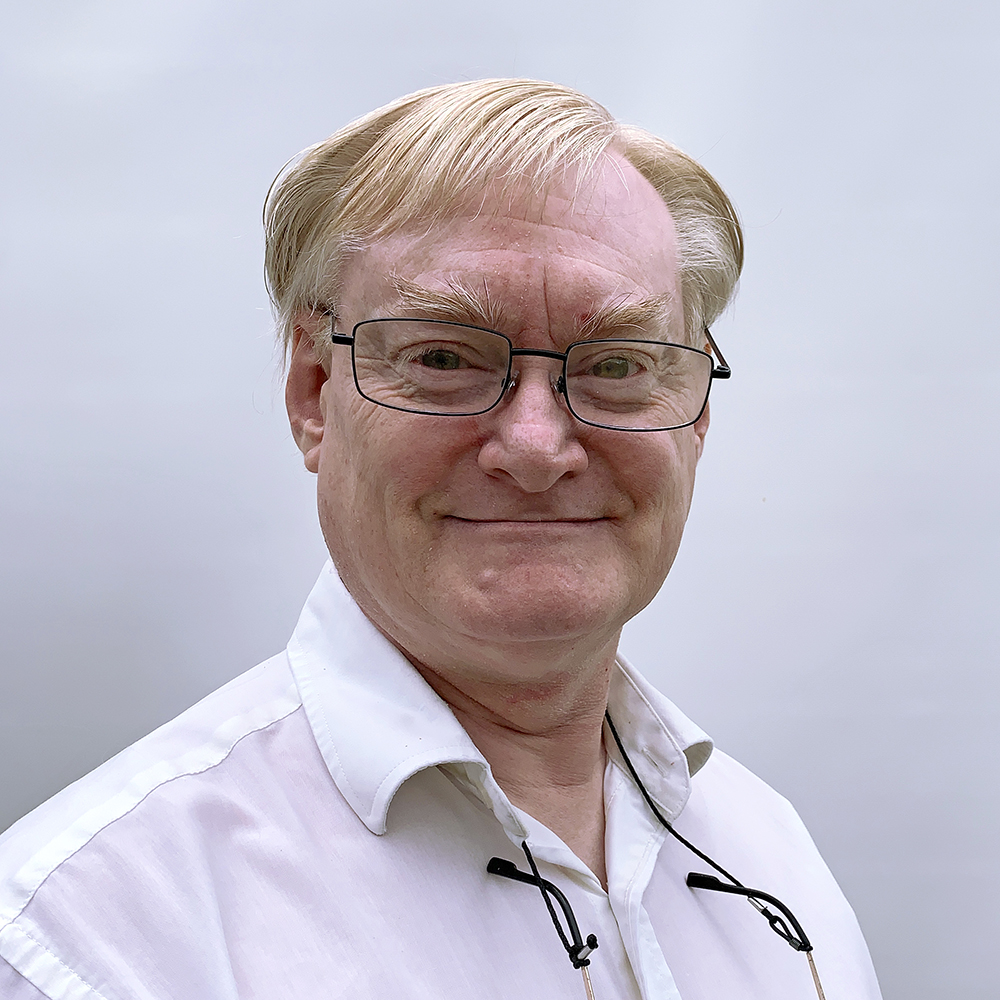The night sky has countless wonders to discover.So it is only fitting following the sad news of the passing of the UK’s greatest astronomical icon, Sir Patrick Moore, to cover his views on equipment for beginners.
Anyone starting out in astronomy that asked Patrick what they should buy would get a simple and straightforward answer; begin with the naked eye and then get a good pair of binoculars.
Our reviews have always covered a good mix of equipment right up to advanced GoTo telescope systems but, along with Patrick, we’ve never forgotten the importance of including binoculars into the mix.
Patrick always insisted it was better to get a good pair of binoculars than a cheap, and more often than not, poor telescope.
And that was the key to his philosophy because he knew that the quickest way to turn someone off looking at the night sky was to give him or her a cheap, badly made telescope.
It very quickly leads to disappointment and ultimately turns them away from the wonders of the cosmos.
Of course once past the beginners stage, it’s time to invest in a telescope and I’m sure Patrick would have approved of the kit we have in our January issue.
Pete Lawrence reviews the latest Meade Series 6000, 115mm Apo refractor as well as the ccd camera of choice for imaging the planets, the Flea 3.
While Mark Parrish takes a look at a selection of 15mm budget eyepieces in our mini group test.
Whatever you use, the next time you are under a starry sky remember how one man and a TV programme brought the Universe to life and inspired so many to look up!
